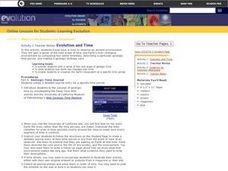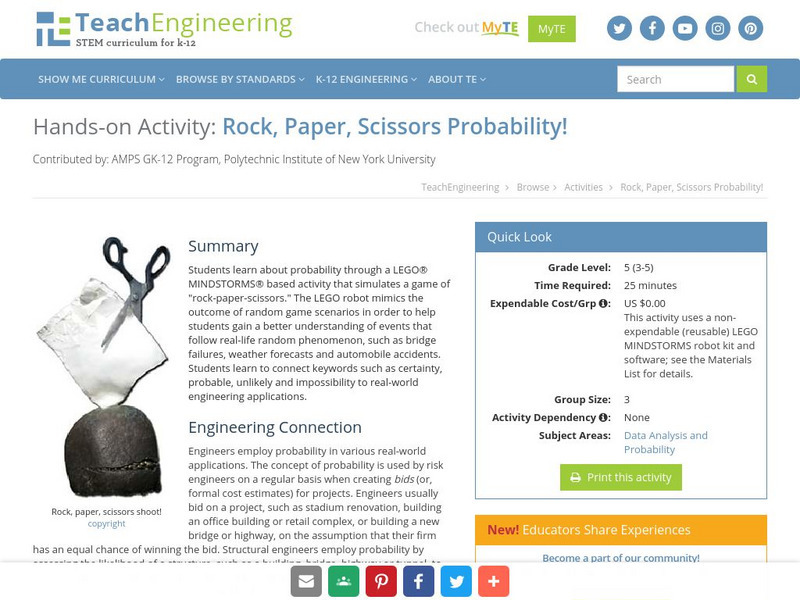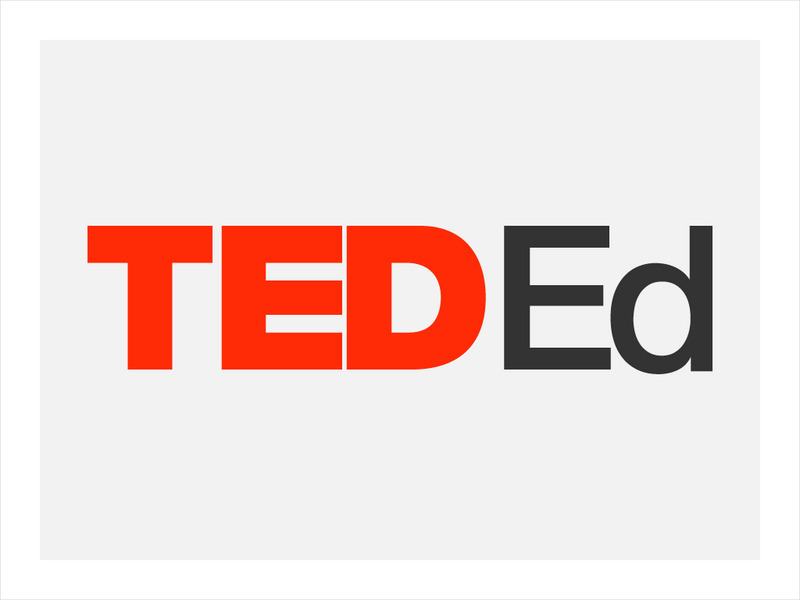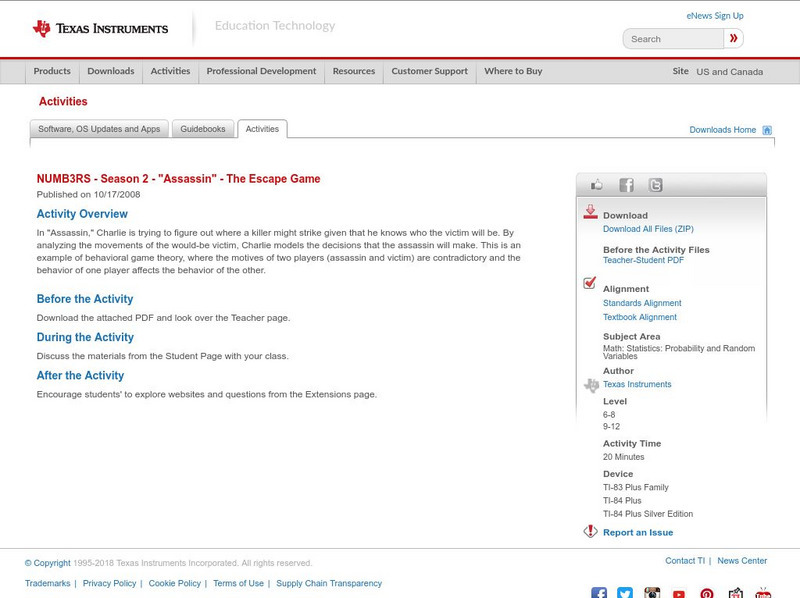Curated OER
Happy Birthday, Earth!
Young scholars visualize the Earth's ecosystem at a specific time period and how Earth has changed over time. They create a detailed journal entry for a specific time period and create a birthday card to Earth.
Curated OER
Living and Non-Living
Fourth graders are divided into small groups and collect 4 objects from the playground. They take 5 to 10 minutes to classify their groups and discuss their findings including the terms "living" and "non-living". As a class they discuss...
Curated OER
The Probability Scale
Young scholars collect data and make predictions. In this probability lesson plan, students perform experiments calculating the chance of an event occurring. They draw conclusion based on their data.
Curated OER
Jan Ken Pon
Fifth graders explore components of Japanese language, song, instruments, and music. Dotted eighth and sixteenth notes are practiced, the pronunciation of words for the song taught, and chords for tone chimes played in this lesson.
Curated OER
Dino Fossils
Primary paleontologists discover the information they can gather from examining fossils. They place pictures in the correct sequence showing how an animal becomes a fossil. They discuss which sediments would preserve fossils better as well.
Curated OER
Simple Machines, Odd Machine
Students explore six simple machines and locate them operating in a compound machine. The simple machines are identified at a variety of stations set up in the classroom and continued by identifying the machines in their homes.
Curated OER
Physical Education Pictionary
Students are introduced to a variety of physical education games and activities. In groups, they participate in the different games identifying the equipment and defining new vocabulary. To end the lesson, they play a game reviewing the...
Curated OER
Interactive Art: Let's Make It Happen
Students examine art by Christopher Janney. They discuss what the art is showing and what it means to them. They create their own piece of interactive art.
Curated OER
Suitcase, Parfleche and 'Isaptakay
Third graders explore farfeche and how the Nez Perce people use natural materials to derive colors for their artwork. They explore traditional paints and dyes used by the Nez Perce and create their own parfleche 'isaptakay.
Curated OER
Potential Energy
Students examine the concept of potential energy and see that it is the ability to do work. In this energy lesson students complete several activities on potential energy.
Curated OER
Recycled Rain Forest
Students examine pictures of a rain forest and discuss the types of animals that live there. They create a recycled rain forest by using old cardboard and they are to give each animal a place to live. The rain forest is displayed.
PBS
Pbs Learning Media: Rock Paper Scissors Lesson Plan
This lesson puts a physical twist on the traditional game, rock, paper, scissors! Students get into pairs to play rock, paper, scissors. However, in this game the person who does not win the match is rewarded with exercise by doing...
TeachEngineering
Teach Engineering: Rock, Paper, Scissors Probability!
Students learn about probability through a LEGO MINDSTORMS NTX-based activity that simulates a game of "rock-paper-scissors." The LEGO robot mimics the outcome of random game scenarios in order to help students gain a better...
TED Talks
Ted: Ted Ed: Winning at Rock Paper Scissors
Hannah Fry from Numberphile shares a few strategies to help you win your next game of Rock Paper Scissors. [5:48]
Texas Instruments
Texas Instruments: Numb3 Rs: The Escape Game
Based off of the hit television show NUMB3RS, this lesson introduces students to elementary game theory. The lesson is framed in the context of criminal who must get off at one of two subway stops -- will the officer choose the same stop...
Alabama Learning Exchange
Alex: Probability
The purpose of this lesson is to begin the process of helping students to learn the basic principles of probability. The students will also collect data, interpret data, and determine the fairness of the game rock, paper, scissors.This...
Better Lesson
Better Lesson: Representing the Sample Space
Do you know how many possible outcomes there are in rock, paper, scissors? Let's find out!

















